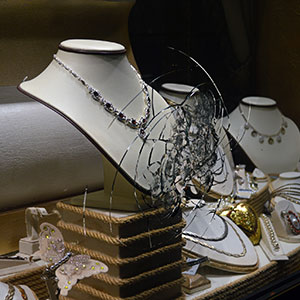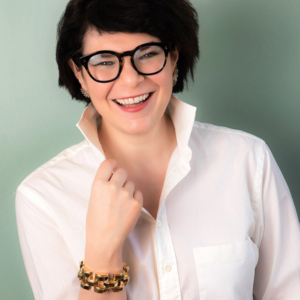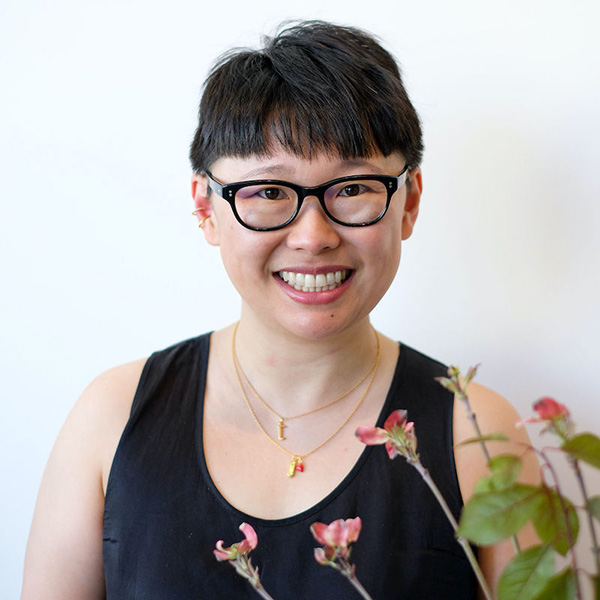
Growing up, Trisha Okubo had an incredible role model: Her mother was one of the pioneering female engineers in the 1970s in California’s Silicon Valley, and the family lived down the street from tech giants like Apple.
Location and talent led Okubo to Stanford University, where she studied industrial engineering and received her Bachelor of Science and master’s degrees. Her first real job was in media, working in the digital arm of the second-largest newspaper chain in the country. That is where Okubo says she learned about the power of community: Blogs and forums gave people a place for dialogue and feedback.
Fast-forward a decade, and Okubo had an itch to use everything she learned from the tech world in a new way. She loved photography and fashion.
“I could definitely feel that glass ceiling,” Okubo says. “I could feel that my aspirations were larger than the career paths that were available to me, and I thought, ‘Why waste energy fighting the system when I could create a whole new world elsewhere?’ ”
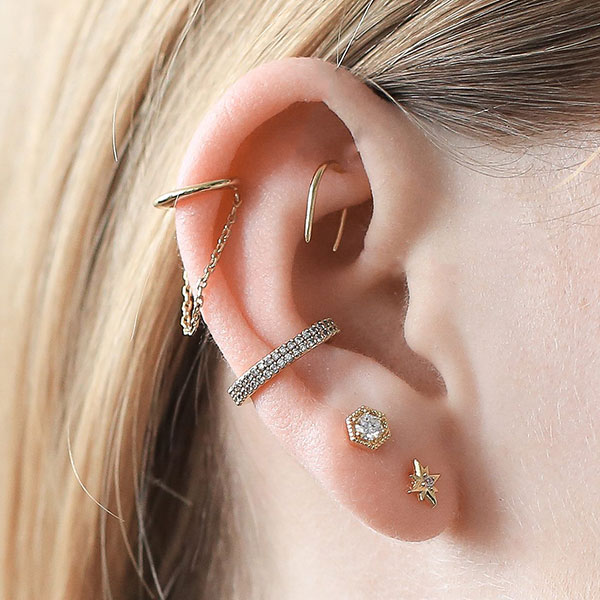
That world became Maison Miru, Okubo’s New York–based jewelry business where she serves as the founder and creative director. The direct-to-consumer brand is like a Silicon Valley startup in some ways, Okubo says, but she also sought to follow her own bliss to find something that blended her personality and artistic vision into one.
Maison Miru is known for its signature Nap earrings (a “poke-free” flat-back earring style that you can wear all day and night) and its piercing earrings, designed to allow the wearer to create a one-of-a-kind style in hoops, huggies, ear cuffs, and unexpected shapes. The brand also specializes in nose rings, no-piercing ear cuffs, statement rings, bracelets, and necklaces.
“Miru is the Japanese word ‘to see.’ We want you to open your eyes and reimagine the world,” Okubo says. “Our jewelry gives you the joy of creating. It’s a system of jewelry that you can infinitely remix and reimagine, and I design for kindred, creative souls.”
One of her favorite pieces reflects that idea specifically.
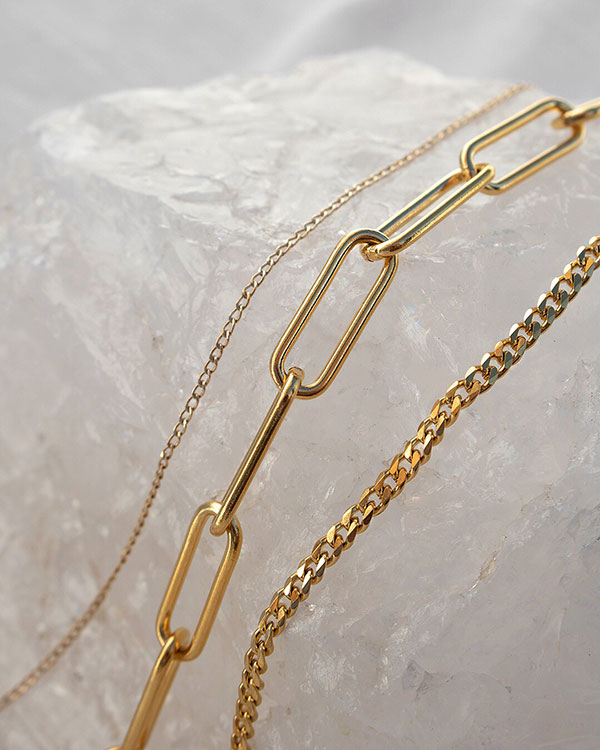
“Objects that serve more than one function make my heart skip a beat. Maybe it’s the utopian California girl in me, but I don’t like waste, and I love things that do double duty,” Okubo says. “That’s what inspired our signature Infinite necklace, which you can wear a dozen ways out of the box and can infinitely extend with our other chains.”
As an engineer, Okubo says she is drawn to sculpture and architecture. Translating that into jewelry made sense to her because the industry is about making something with your own hands that is wearable art. More importantly, anyone can wear it and feel…whatever they want to feel, Okubo says. Her goal is to provide the beautiful tools for self-expression.
“What I love about jewelry is that you don’t need to be a sample size to wear it. I’m certainly not! You don’t have to look a certain way, or be a certain person,” Okubo says. “Jewelry loves you for who you are. That’s why I make jewelry for everyone, regardless of things like gender, age, or personal architecture.”
Okubo says starting her own brand was taking a risk, but one that she cherishes.
“Startups are full of possibility, which is what has always attracted me. I’ve adopted and adapted the startup ethos for Maison Miru. We believe that no idea is too crazy, we’re biased toward action, and we’re OK figuring it out as we go along,” Okubo says.
The company’s mantra reflects that: Maison Miru is truly for dreamers, thinkers, and makers.
“Unlike a traditional startup, though, we do believe in creating a work environment that celebrates the whole you. Each of us has passion projects in the office, and we try to keep work at work, so we each have the time and space to recharge in our personal time,” Okubo says.
Top: Trisha Okubo says she sees her jewelry brand Maison Miru as a blend of a Japanese business and a Silicon Valley startup in that she hopes to build a long-term culture that uses innovative thinking (photos courtesy of Maison Miru).
Follow me on Instagram and Twitter
Follow JCK on Instagram: @jckmagazineFollow JCK on Twitter: @jckmagazine
Follow JCK on Facebook: @jckmagazine

